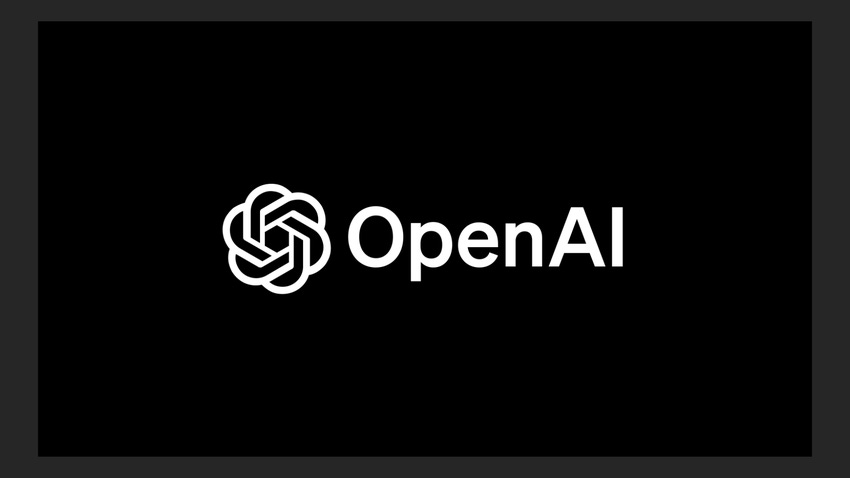Lawsuit Alleges OpenAI Copied Books Without Permission for AI Training
George R.R. Martin leads lawsuit accusing OpenAI of unauthorized copying

At a Glance
- The Authors Guild filed a lawsuit against OpenAI alleging the company copied entire books without permission.
- Lawsuit claims alleged copyright infringement caused harm to authors' book sales and incomes.
Game of Thrones author George R. R. Martin, John Grisham and a host of other authors have filed a class action lawsuit against OpenAI alleging their works were copied in AI models without permission.
The authors accuse the makers of ChatGPT of infringing their copyright by using the Books3 dataset to train the underlying GPT 3.5 and GPT 4 models.
The authors, collectively filing as the Authors Guild, allege OpenAI’s use of Books3 was akin to copying the entirety of books on what the suit alleges as a potentially massive scale of unauthorized copying akin to “systematic theft on a mass scale.”
The authors argue that the use of their works harms their ability to earn a living as professional writers as ChatGPT users can simply generate content ‘in the style of.’
The authors asked the court to award it damages for the lost opportunity to license their works and the “market usurpation” that OpenAI has “enabled” through its language models. The plaintiffs also want injunctive relief to prevent further infringement as well as compensation for damages resulting from lost book sales.
Alongside this case, the Authors Guild has class action suits pending against Meta and Google. The group claims its suits will unearth more potentially pirated content used to train popular large language models.
OpenAI told the AP that it is having “productive conversations” with creators including the Authors Guild on working cooperatively.
“We’re optimistic we will continue to find mutually beneficial ways to work together to help people utilize new technology in a rich content ecosystem,” a statement reads.
While not referenced in the suit, OpenAI announced last week that the latest version of its image generation tool, DALL-E 3, now refuses prompts that ask for content in the style of an artist who is living.
Read more about:
ChatGPT / Generative AIAbout the Author(s)
You May Also Like


.jpg?width=700&auto=webp&quality=80&disable=upscale)
.jpg?width=700&auto=webp&quality=80&disable=upscale)
.jpg?width=700&auto=webp&quality=80&disable=upscale)
.jpg?width=300&auto=webp&quality=80&disable=upscale)
.jpg?width=300&auto=webp&quality=80&disable=upscale)
.jpg?width=300&auto=webp&quality=80&disable=upscale)

.jpg?width=300&auto=webp&quality=80&disable=upscale)